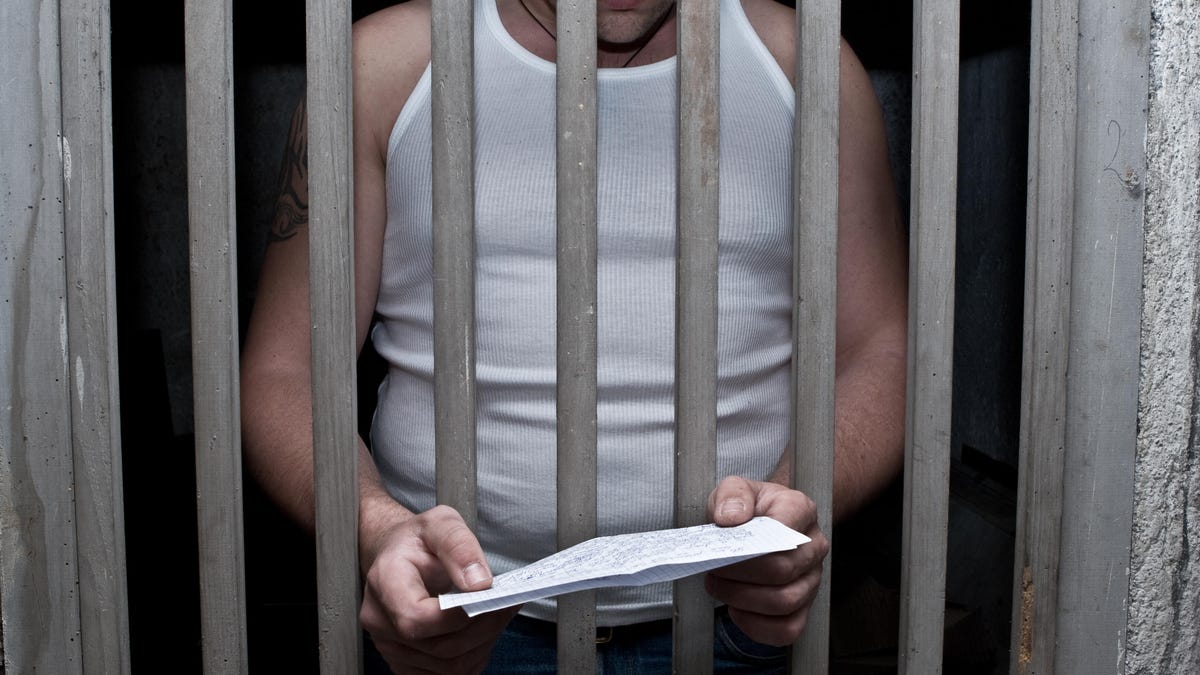As jails and prisons face coronavirus, a new app tries to bridge the mail gap
Ameelio Letters offers a free letter service to families of people who are incarcerated.

"Written correspondence is the primary mode of communication between the incarcerated and their families," Ameelio co-founder Uzoma Orchingwa says.
More than half of all Americans have had a family member in jail or prison, according to a 2018 survey. Yet the cost of making phone calls with prisoners has skyrocketed, leaving families to bear the burden of hefty fees to get critical information past prison walls. Even sending mail to a prisoner can become expensive to families in need. Amid the urgent COVID-19 crisis in jails and prisons, a nonprofit tech company is stepping up to help bridge the communications gap between those behind bars and their loved ones outside.
Launched in April, Ameelio Letters allows people to send paper letters and photos to the incarcerated. The first week of May, as the coronavirus continued to roar through prisons and jails, the company said it had delivered over 2,800 letters to inmates in 563 facilities in 47 US states, from users in 15 countries.
"Ameelio was inspired by my desire to provide immediate support to those impacted by incarceration," Ameelio co-founder Uzoma Orchingwa said. "Our mission is to support meaningful connections between the incarcerated and their families, and relieve the financial burdens created by an exploitative prison telecommunications industry."
Read more: This dad learned to code in jail. Now he's connecting other prisoners to their kids
While letters may seem antiquated, "written correspondence is the primary mode of communication between the incarcerated and their families," Orchingwa said. "Still, snail mail isn't nearly as convenient as digital alternatives: it takes time and effort to write, stamp, mail and track letters."
The Ameelio app helps get mail to people in prison.
Although not available in Apple's App Store or the Google Play store, the mobile-friendly Letters web app can be downloaded directly from Ameelio. Through a simple registration process, you can sign up, input an incarcerated person's information and start writing. The length of Ameelio letters is limited to around 9,000 characters. That's about 1,500 words, or three pages. Photo attachments can be up to 4 by 6 inches.
The company has plans to expand its services beyond Letters to include a phone service.
"Our long-term vision has always been to approach prison reform through an ecosystem of free tools, but we decided to accelerate the launch of our Letters product in response to COVID-19," Orchingwa said. "The pandemic exacerbates the financial, emotional, and psychological hardships faced by the families of incarcerated loved ones."
The coronavirus pandemic has turned crowded prisons into toxic breeding grounds for COVID-19, the disease caused by the novel coronavirus. In New York City alone, more than 1,300 inmates and staff in the jail system had tested positive by the end of April.
Ameelio is free to use, but it's unclear whether the service will remain that way. The company is optimistic that a charge, if there ever is one, would remain low, and no fewer than four letters per month will be free to send for all users.

